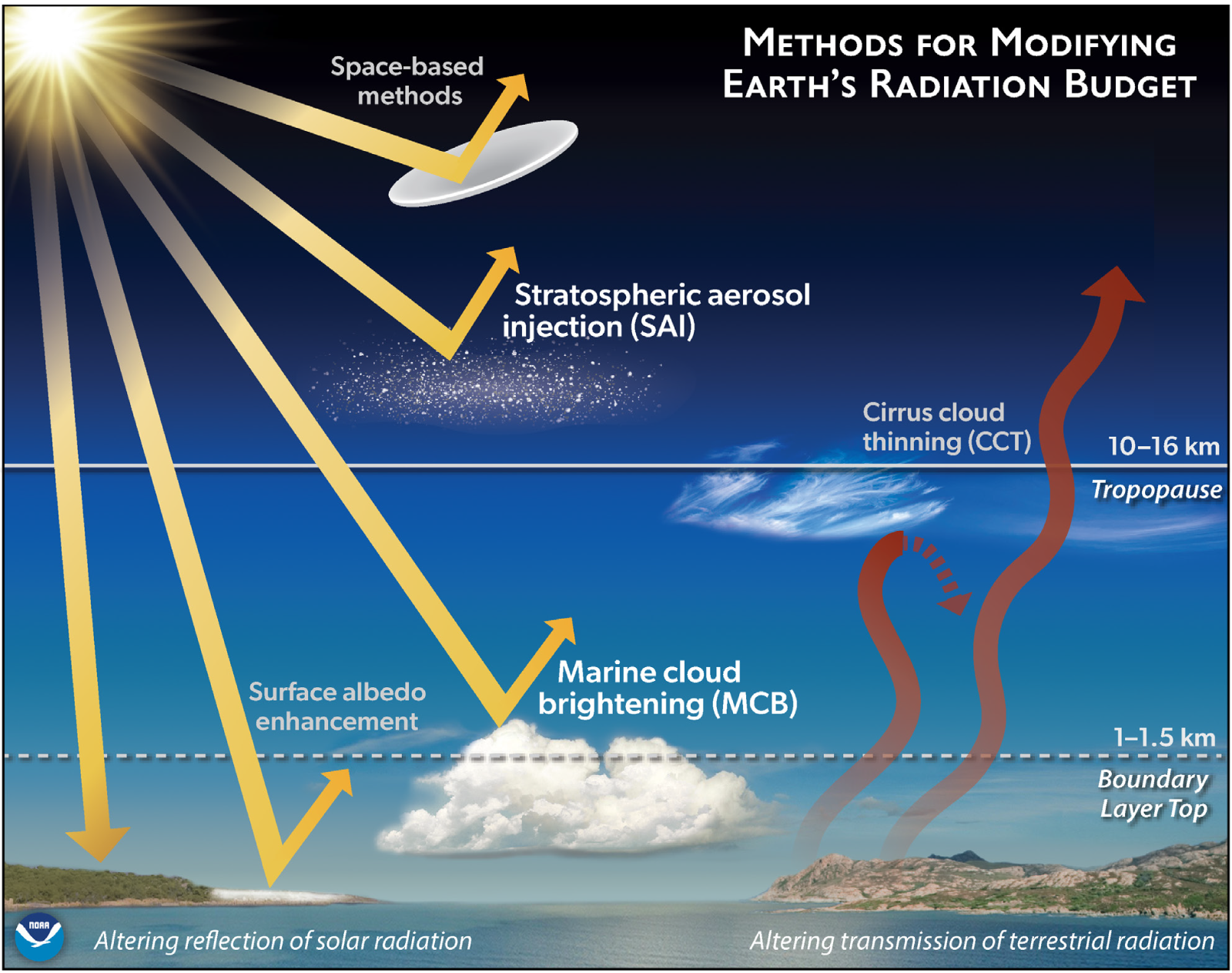Environment & Energy
Related: About this forumAn Antarctic Glacier Retreated (i.e. "Melted & Collapsed) 5 Miles In 2 Months; Rate Of Retreat 10X Prior Record
More than five miles of glacial ice in Antarctica vanished in only two months, retreating 10 times faster than the previous record, with possible implications for the stability of other glaciers and the pace of sea-level rise on a warming planet. The research on the ice retreat was published this week in the journal Nature Geoscience.
Hektoria Glacier, on the eastern side of the Antarctic Peninsula, is tiny by Antarctic standards. But its rapid retreat — the fastest ever recorded for a glacier tethered to the ground — may be a preview of what is possible for the continent’s other, much larger glaciers. If some of those crumble as quickly as Hektoria did, their disintegration could accelerate sea-level rise and spell trouble for island nations and coastal cities around the world. The Antarctic Peninsula is one of the fastest-warming places on Earth.
EDIT
But Christine Batchelor, an ice sheet scientist at Newcastle University who was not involved in the paper, said there is disagreement in the glaciological community about the glacier’s grounding zone — that is, the spot under the ice where the ground ends and the ice begins floating. If the grounding zone is more inland than the paper suggests, that would mean most of Hektoria’s ice was already bobbing in the water. “If this section of the ice sheet was floating, the main finding of this work would instead be that icebergs broke off from an ice shelf, which is much less unusual behavior,” Batchelor said.
But Ochwat said the fact that seismic sensors picked up on a series of earthquakes while Hektoria was in retreat suggests the ice had been resting on bedrock. “Because that ice is touching the Earth, we get earthquakes.”
EDIT
https://www.washingtonpost.com/climate-environment/2025/11/04/hektoria-glacier-retreat-record-antarctica/
pansypoo53219
(22,730 posts)OKIsItJustMe
(21,664 posts)Warming is only one threat we are facing.
https://www.stockholmresilience.org/research/planetary-boundaries.html

Super volcanos are hardly saviors.
pansypoo53219
(22,730 posts)OKIsItJustMe
(21,664 posts)If you would like to produce a similar cooling effect, without praying for a civilization-shaking super volcano, we can try solar radiation management/modification:
https://bidenwhitehouse.archives.gov/wp-content/uploads/2023/06/Congressionally-Mandated-Report-on-Solar-Radiation-Modification.pdf
https://insideclimatenews.org/news/27022023/solar-radiation-management-global-warming/
The thing is, warming isn’t the only problem we face. It’s not even the only problem caused by a build-up of atmospheric CO₂. That CO₂ is also making the oceans more acidic.
pansypoo53219
(22,730 posts)OKIsItJustMe
(21,664 posts)OKIsItJustMe
(21,664 posts)https://ik.imagekit.io/s1sp3stox/tr:h-748,w-1584,fo-auto/press-office/news-events/news/2025/11/HG-Banner.jpg
Hektoria and Green, once glaciated, are now reduced to drifting ice rubble. Credit: Naomi Ochwat, lead author of the study and Post-Doctoral Associate at CU Boulder’s Cooperative Institute for Research in Environmental Sciences (CIRES), 26 February 2024.
…
Hektoria Glacier rested on an ice plain—a flat stretch of bedrock below sea level—which, once retreat began, saw large sections of ice break away in quick succession.
The scale and speed of Hektoria’s collapse may now help scientists identify other vulnerable glaciers and prioritise them for close monitoring.
Although Hektoria Glacier is relatively small by Antarctic standards—covering just 115 square miles, slightly smaller than the city of Swansea—its rapid retreat serves as a stark warning. If similar events occur on larger glaciers, there will be consequences for the rate of global sea level rise.
Professor Adrian Luckman, Chair in Geography at Swansea University and co-author of the study, said: “Glaciers don’t usually retreat this fast. The circumstances may be a little particular, but this scale of ice loss shows what may happen elsewhere in Antarctica, where glaciers are lightly grounded and sea ice loses its grip.
…
http://dx.doi.org/10.1038/s41561-025-01802-4
